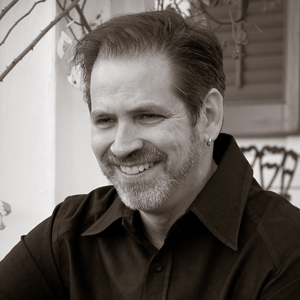Why do we have so much trouble growing, improving, and learning? One reason is that our “cup” is already full, and because of that, there is not enough room for what needs to go in. If we already know something, have a skill, or even have a certain thought, it doesn’t need to occupy space in our learning time.
Expectations
One of the biggest inert objects blocking our learning is our preconceptions about our abilities; when we practice or study, we assume certain things about what will happen. These illusions about what we already are (or think we are) can lead us in all kinds of useless directions.
- We “should” sound good, so we don’t want to accept sounding bad when we practice new things.
- We are seasoned professionals, and therefore don’t need to review basics.
- New information conflicts with the way we “always have done it.”
- We are skilled in one area, so we assume that level of skill will appear in other areas.
- We refuse to break tasks down far enough because of these assumptions, and are frustrated.
- We have nothing to prove to ourselves or others.
- We accept the truth about the subject at hand.
- Anything that comes easily to us is a gift, and we find it encouraging.
- Instead of disappointment, we find a peaceful state of being.
In my practice, I play the mental game of pretending I have never played my instrument before, despite decades of experience. This allows me to break whatever I am working on down to the very bottom, including things like technique, position, fingering, and tone. I also avoid practicing within earshot of others, since that would lead to my addressing their preconceptions about where I am: “Wow, I thought he could play… why does that sound so rudimentary and basic?”
The Situation
Sometimes our cup is full of concepts about our life that undermine our process. Often we were fed these ideas when we were young, and never questioned them, or we were told something and for some reason it stuck. Again, this background noise distracts us from the simple essence of learning.
- We have to practice in long stretches. If we don’t have that kind of time, we rationalize our non-practice based on this. The answer: work with the time you do have.
- We are creative at certain times, like late at night. Many myths about the “midnight oil” have fueled this. Again, it becomes an excuse if this time isn’t available.
- Too many distractions: No matter the state of our life, there will be distractions and complications. Waiting for a “quiet” period will stretch out forever. Learning to clear our mind can allow us to work in a more flexible way.
- We don’t have everything we need to proceed. Again, this has never stopped anyone if they were truly committed.
What it is
When we break down these ideas, the real subtext is fear. Fear of change, fear of appearing foolish, fear of realizing we aren’t everything we wish to be. The more we allow these thoughts to dictate our work and learning, the more ingrained they become, until we don’t even notice them. It’s okay to be exactly where we are, and when we open up to this, we find our learning to be a joyful experience.



Pingback: The Three Golden Rules of Naming Something | John Battelle's Search Blog()
Pingback: The Three Golden Rules of Naming Something » HandyWebmaster()